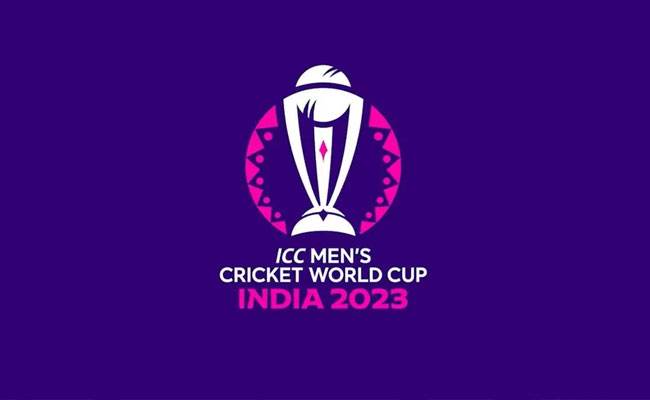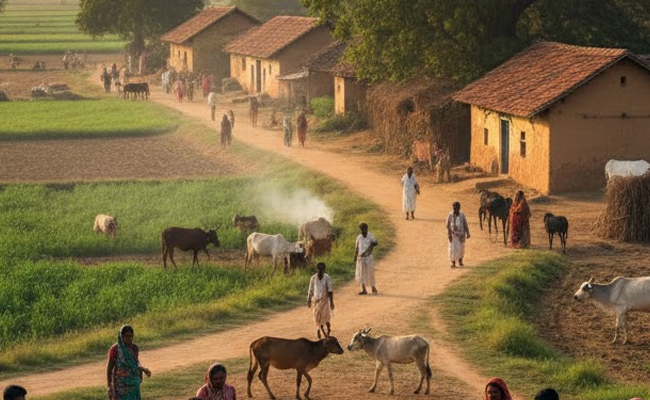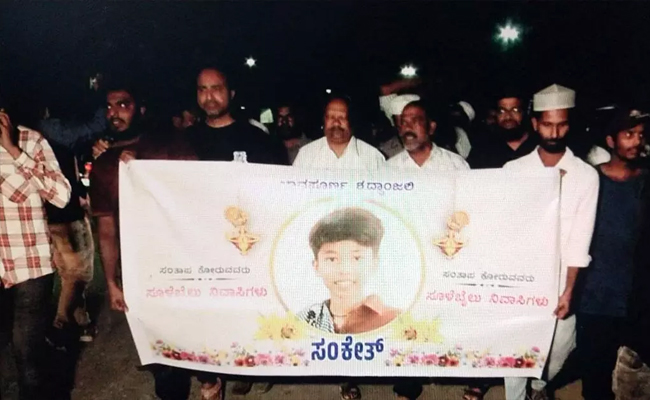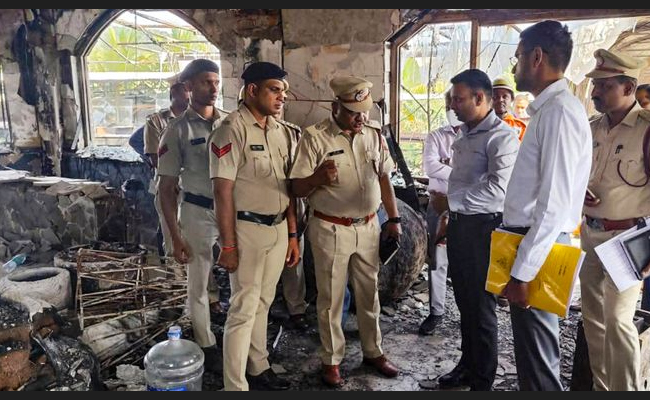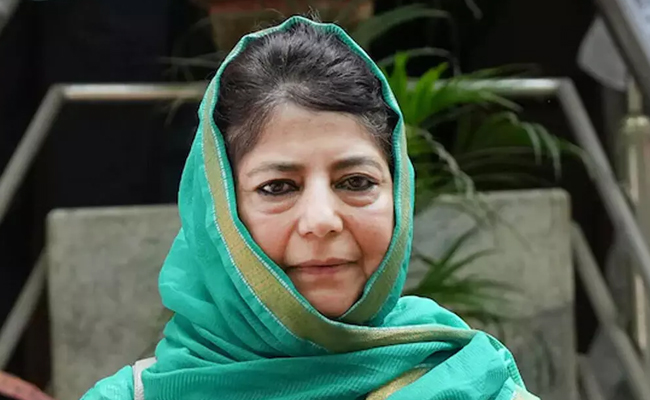Mumbai (PTI): The world's largest cricket stadium will play host to the big-ticket World Cup group match between India and Pakistan on October 15 and the gargantuan venue in Ahmedabad will also stage the grand finale on November 19, the ICC announced on Tuesday.
The tournament will begin on October 5 with a clash between defending champions England and runners-up New Zealand at the Narendra Modi Stadium in Ahmedabad, which is the largest in the world with a seating capacity of 1,32,000 spectators -- 32,000 more than the iconic Melbourne Cricket Ground (MCG).
The two semifinals of the mega event will be played at Mumbai's Wankhede Stadium and the Eden Gardens in Kolkata -- both iconic venues with a rich legacy -- on November 15 and 16 respectively, as per the schedule.
Ringing in the 100-day countdown to the ODI showpiece, the ICC said hosts India will begin their campaign with a mouth-watering clash against Australia on October 8 in Chennai.
With Guwahati among 12 venues picked to host the matches including warm-up games, it's the first time the World Cup is entering the northeast India.
There will be a total of 10 venues Hyderabad, Ahmedabad, Dharamsala, Delhi, Chennai, Lucknow, Pune, Bengaluru, Mumbai and Kolkata -- hosting the matches during the tournament proper.
Guwahati and Thiruvananthapuram in addition to Hyderabad will host the warm-up games from September 29 to October 3.
Twelve hosting associations were called in Mumbai on Monday to discuss the details and finalise the venues before Tuesday's official announcement.
The Wankhede hosted the final of the 2011 World Cup, in which a Mahendra Singh Dhoni-led India beat Sri Lanka to end a 28-year-old title drought, while the Eden Gardens played host to the summit showdown between Australia and England in the 1987 edition, in which the former prevailed.
Pakistan had earlier asked for their match against India to be shifted to either Chennai, Bengaluru or Kolkata, but the BCCI and ICC rejected the offer.
There will be 10 teams at this year's World Cup. As hosts, India have qualified directly, as have Afghanistan, Australia, England, Bangladesh, New Zealand, Pakistan, and South Africa through the 2020-2023 ICC Cricket World Cup Super League.
Two other teams will make it to the World Cup through the World Cup Qualifiers, which is being currently played in Zimbabwe.
Apart from former champions Sri Lanka and the West Indies, the Qualifiers also feature Ireland, Nepal, the Netherlands, Oman, Scotland, the UAE, the USA, and hosts Zimbabwe.
At the World Cup in India, the 10 teams will play each other once in a round-robin league featuring 45 matches.
These will be followed by the semifinals and the final.
Let the Truth be known. If you read VB and like VB, please be a VB Supporter and Help us deliver the Truth to one and all.
New Delhi: A village in Maharashtra's Ahilyanagar district made an effort to redefine social boundaries through a unanimous gram sabha resolution, with residents of Soundala publicly declaring the village "caste-free" earlier this month.
According to a report published by The Print, during a specially convened gram sabha, a resolution was passed on February 5, which calls for the removal of caste-based distinctions from public and social life. It urges residents to interact only on the basis of shared humanity. It also prohibits inquiries into caste identity and affirms equal access to public spaces, religious places, water sources, schools and government services.
Soundala is located about 350 km from Mumbai. It has a population of around 2,500 across nearly 450 families. Majority of the families belong to upper castes while a significant Dalit population, alongside a small number of Muslim and Christian families also live in the village. While overt discrimination had been declining over the years, residents say the resolution gives formal expression to changes that were gradually taking root.
The initiative was led by village sarpanch Sharad Argade. The Print quoted him as saying that the move was initiated because of rising caste and communal tensions in neighbouring areas of the state and he feared that social divisions seen elsewhere could harden in his own village if left unaddressed.
According to Argade, the idea of declaring Soundala caste-free was discussed over time, influenced by social worker Pramod Zinjade and shaped by his family’s long involvement in local politics. Argade’s wife Priyanka, a former sarpanch, is credited by villagers with playing a key role in challenging social norms through her outreach work, which included visiting homes across caste lines.
The resolution states that Soundala will not differentiate on the basis of caste, religion, creed or colour, and adopts the motto “My caste is humanity." The resolution also warns against social or economic boycotts, communal statements and the circulation of inflammatory content on social media, with provisions for penalties.
After the resolution villagers are sharing food in festivals, visiting each other's houses, and attending community events together. Older residents recall a time when Dalits were forced to sit separately at weddings, use different wells, and stay away from upper-caste houses. Members of the Muslim community also spoke of earlier experiences of exclusion that discouraged social interaction.
Soundala has also introduced penalties for verbal abuse, discouraged discriminatory practices against widows and extended financial support for widow remarriage. The gram panchayat also provides educational support to girls up to Class 12 and enforces a daily two-hour “no mobile phone” period for students to encourage study.
Two months before the caste-free resolution, the village had also adopted a practice of playing the national anthem each morning over a loudspeaker. Argade said it was intended to reinforce a shared civic identity.
Acknowledging that caste remains relevant in government policy, particularly in reservation for education and employment, the sarpanch was quoted by The Print as saying that the aim was to confine caste to official records and remove it from daily behaviour.

